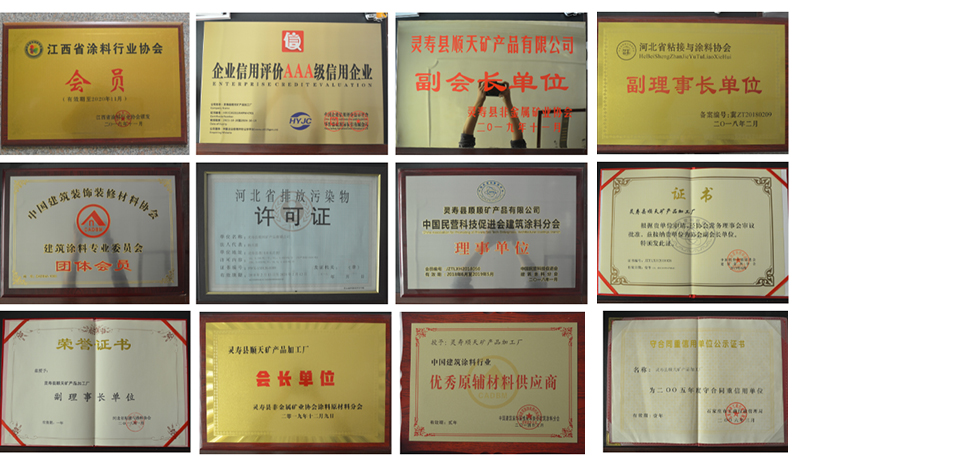
Exploring Perlite Applications in Custom Horticulture for Enhanced Plant Growth and Health
The Role of Perlite in Custom Horticulture
In the ever-evolving world of horticulture, the quest for the ideal growth medium is a constant pursuit for both amateur and professional growers alike. One of the standout materials that has gained popularity in recent years is perlite. This lightweight, volcanic glass is often overlooked in its significance, yet it plays a crucial role in custom horticulture practices. Here, we will explore the various applications, benefits, and considerations of using perlite to optimize plant growth.
Understanding Perlite
Perlite is a naturally occurring siliceous rock that, when heated to over 1600°F, expands and transforms into a lightweight, porous material. It is typically white, resembling small, irregularly shaped granules. Due to its unique properties, perlite has emerged as a key component in many horticultural mixes.
Benefits of Perlite in Horticulture
1. Improved Aeration One of the primary advantages of incorporating perlite into soil mixes is its ability to enhance aeration. Its porous structure allows for easy air movement within the soil, ensuring that plant roots receive the oxygen they require for optimal growth. This is particularly crucial in preventing root rot, a common issue in overly dense or compacted soils.
2. Enhanced Drainage Perlite is highly effective at promoting drainage, which can mitigate the risks associated with overwatering. By creating voids in the growing medium, it allows excess water to escape, preventing soggy soils that can lead to various plant diseases. For container gardening, this drainage capacity can mean the difference between flourishing plants and languishing ones.
3. Lightweight Nature For growers dealing with container gardens or vertical setups, the lightweight nature of perlite is a significant advantage. Traditional growing mediums can be heavy, making transportation and handling cumbersome. Perlite's low weight allows for easier mobility while still providing the necessary support for healthy plant roots.
4. pH Neutral Perlite is pH neutral, which means it won’t alter the acidity or alkalinity of the soil. This is particularly beneficial for custom horticulture, where specific pH levels can dictate plant health. Growers can maintain precise control over soil composition, ensuring that nutrient availability aligns with the needs of their chosen plants.
5. Reusable Another practical benefit of perlite is its reusability. After a growing season, perlite can be washed and reused for future planting endeavors, providing cost savings and reducing environmental impact.
custom horticulture perlite

Applications of Perlite in Custom Horticulture
Perlite can be utilized in various horticultural applications, making it a versatile addition to any grower's toolkit
- Potting Mixes One of the most common uses for perlite is in potting mixes. By combining perlite with other ingredients like peat moss or coconut coir, growers can create a bespoke growing medium tailored to specific plant types.
- Seed Starting Perlite is an excellent medium for seed starting. Its fine texture and great drainage properties help prevent the common pitfalls associated with starting seeds, such as damping off.
- Hydroponics and Aeroponics In hydroponic systems, perlite is often employed as a growing medium due to its ability to retain moisture while allowing for excellent aeration. In aeroponic systems, it can serve as a support for root systems while ensuring oxygen access.
- Bulb and Corms Storage Perlite is ideal for storing bulbs and corms, as it helps maintain a moist yet well-drained environment, preventing rot.
Considerations for Using Perlite
While perlite offers numerous advantages, there are some considerations to keep in mind. It can create dust when handled, which may pose respiratory concerns if inhaled. Therefore, wearing a mask when working with dry perlite is advisable. Additionally, its lightweight nature can sometimes lead to it floating to the surface of pots if overwatered, which might require occasional adjustments to maintain aesthetic appeal and proper moisture levels.
Conclusion
In summary, perlite is an invaluable resource in the realm of custom horticulture. Its remarkable aeration and drainage capabilities make it an essential component for various growing mediums. Whether you are cultivating houseplants, starting seeds, or embarking on a hydroponic journey, incorporating perlite into your gardening practices can lead to healthier plants and, ultimately, more bountiful yields. As with any horticultural material, understanding how to use perlite effectively will ensure that you harness its full potential in your growing endeavors.
Share
-
Fly Ash Solutions Enhanced by GPT-4 Turbo | Sustainable InnovationNewsAug.01,2025
-
Natural Premium Bentonite Cat Litter - Superior ClumpingNewsJul.31,2025
-
Premium Resin Coated Sand - High Heat Resistance CastingNewsJul.31,2025
-
High Quality Silicon Carbide Grit for Abrasive ApplicationsNewsJul.30,2025
-
High-Quality Ceramsite for Plants & Gardening | Lightweight PebblesNewsJul.29,2025
-
Premium Burgundy Glass Marbles for Vases & Shooter GamesNewsJul.29,2025






